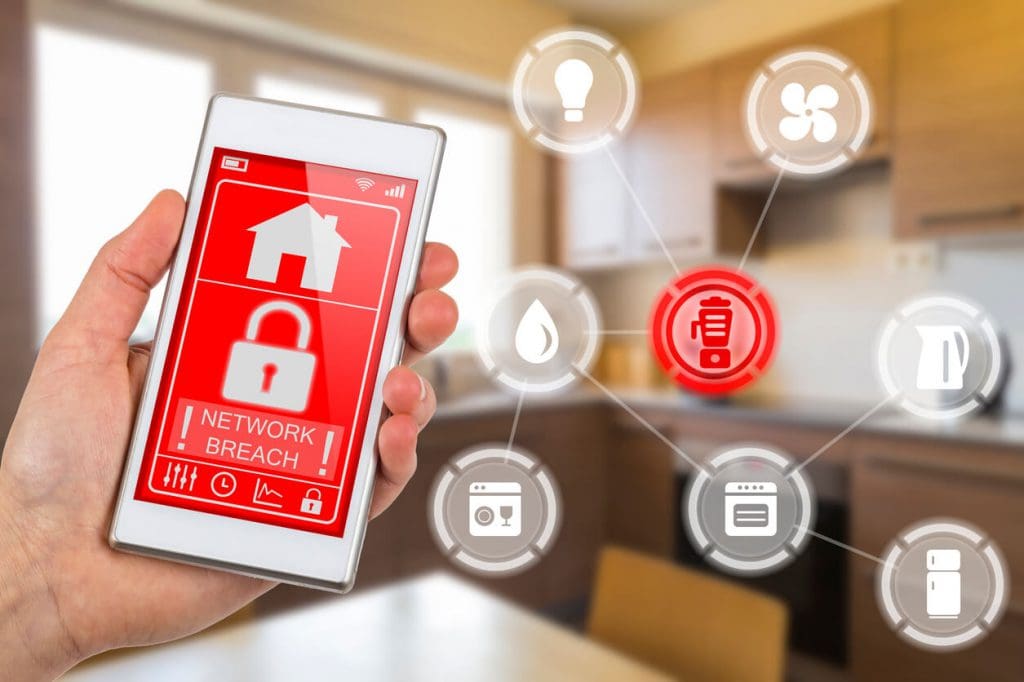When people talk about “The Internet of Things,” do you get excited and put your geek on, or do your eyes glaze over and you suddenly wish you were at the dentist?
The Internet of Things (IoT) has become a buzzword phrase that “people in the know” throw around and expect the rest of us to understand, even though it’s actually one of the vaguest terms out there.
Sure, we’ve all heard of (and probably talked to) Alexa, Siri, and Cortana…but is that what it is?
What’s the Internet of Things really about?
IoT is the idea of connecting any device to the internet. and/or to each other. and having those devices respond to situations based on the data it has collected and processed.
Just about any object can be transformed into an IoT device, if it can be connected to the internet and controlled that way.
IoT is essentially a move to the “Smart World,” where everything is connected, monitored, and manipulated by even smarter software.
This may all sound like science fiction, but truth is we’re all living right smack in the middle of it:
- Smart thermostats in houses and offices that allow people to monitor temperature from a laptop or smartphone
- Smart cars that capture data on the engine and record your comings and goings
- Smart lighting systems that can be operated by sensors and monitored remotely
- Smart refrigerators that can tell owners what food items are running low or going bad
- Smart speakers, like Amazon’s Echo and Google Home, that make it easier to play music, set timers or get information.
The Internet of Things is big and it’s only going to get bigger – there are more connected things now than there are people in the world. Gartner.com, a global research firm, calculates that there were about 8.4 billion IoT devices used in 2017, with more than half being consumer products like smart TVs and speakers.
Gartner also predicts IoT devices will go over 26 billion, with IoT overall spend hitting $3 trillion by the year 2020.
At an even bigger scale, smart cities projects are filling entire regions with sensors to help us understand and control the environment.
But just because anything can be connected doesn’t mean you should connect them all.
IoT bridges the gap between the virtual and physical world, which means that hacking into devices can have dangerous real-world consequences…and unfortunately, security is currently one of its biggest issues.
A lot of IoT devices out there don’t have basic data encryption, and because these devices lack the capability to be patched, they might be a permanent risk. Hackers are well aware of this and are now actively targeting IoT devices.
You listening, moms and dads?
A couple in Washington was shocked to discover that a hacker had broken into their home network and was talking to their toddler through the baby monitor. The mother discovered it herself when she walked into the room and heard a strange voice, the hacker’s own voice, talking to her child. The hacker had also commandeered the camera and was controlling it remotely, from wherever he was.
There was no way to identify who it was.
An article in The Wall Street Journal about smart-device security said, “If hackers can commandeer a baby monitor, you know the Internet of Things needs to wake up to threats.”
Even Samsung’s Open Economy document says “there is a very clear danger that technology is running ahead of the game.”
It has a lot of people worried that money-seeking hackers can worm their way into networks through smart devices to extract financial information; that terrorists may try to hack into government-connected utilities and infrastructure to disrupt our regular routines, or worse; and that hackers in other countries (working for other governments) may expand their spying efforts by breaking into government or corporate networks.
Companies making these smart devices need to focus more on security issues to protect their customers and less on being first in the marketplace or getting a top review on CNET.com.
What can you do?
First, you should decide how fast you want to jump into our highly connected world and if you want to bring more smart devices into your home.
Should you, for example…buy that new Samsung 4-door refrigerator with Family Hub Wi-Fi LCD touchscreen and built-in cameras—the one that lets you peek inside while you’re at the grocery store?
Or should you instead wait until manufacturers, security companies and government regulators come up with an integrated game plan to keep hackers out of our non-phone smart devices?
Remember that you never know who is watching or listening – perhaps you should talk it over with the family at dinner.
Just hope that an eavesdropping hacker doesn’t speak-up about the idea.
